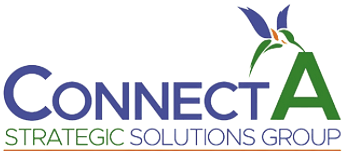The Transformative Power of Personal Goals
"If you set goals and go after them with all the determination you can muster, your gifts will take you places that will amaze you".
- Les Brown
Introduction:
In the intricate tapestry of life, personal goals serve as the threads that weave our dreams into reality. Setting and pursuing goals is a fundamental aspect of human nature, a driving force that propels us forward, providing direction and purpose. Whether they are short-term objectives or long-term aspirations; personal goals offer a roadmap to navigate the journey of life. In this article, we will explore the significance of personal goals, the process of setting them, and the transformative impact they can have on our lives.
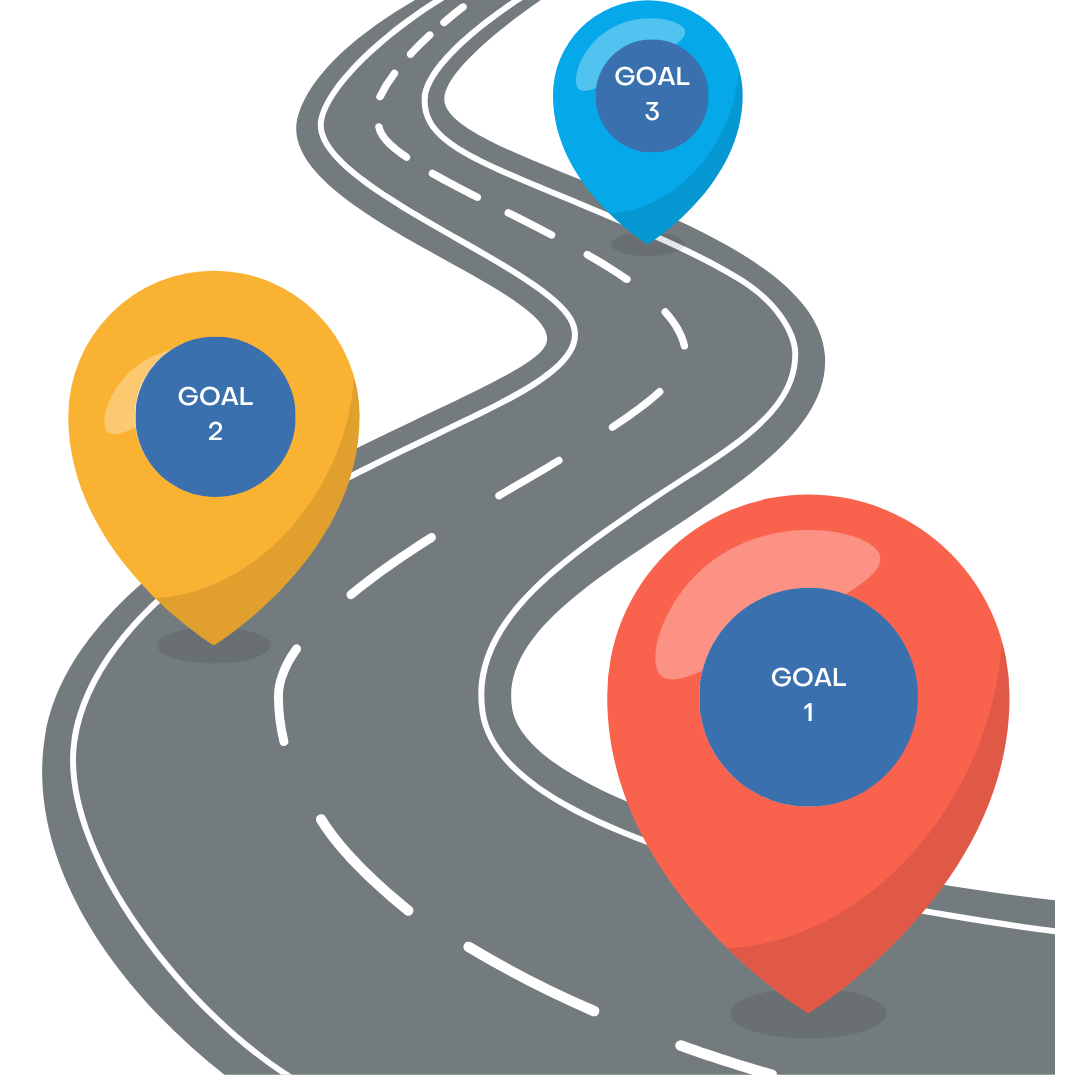
Defining Personal Goals
Personal goals are individualized targets that encompass areas of our lives where goals may be placed, including career, education, relationships, health, and personal development. Think of them as a roadmap, a marked path to the milestones you aim to accomplish. Personal goals, whether tangible to intangible, aim to empower you to reach the objective you set for yourself. This can range from acquiring a specific skill or reaching a certain fitness level, to cultivating meaningful connections and finding fulfillment in our chosen endeavors.
The Importance of Setting Goals
- Direction and Focus: Setting personal goals provides a clear sense of direction in the chaotic journey of life. They act as a compass, guiding us towards our desired destination. Without goals, we risk drifting aimlessly, susceptible to the whims of circumstance. Goals help us stay focused on what truly matters, fostering a sense of purpose that fuels our daily actions.
- Motivation and Inspiration: Goals serve as powerful motivators, inspiring us to push beyond our comfort zones and strive for excellence. The pursuit of a goal ignites a sense of purpose, injecting passion and enthusiasm into our endeavors. The mere act of envisioning our achievements fuels the fire within, propelling us forward even in the face of challenges.
- Measurable Progress: Goals provide a framework for measuring progress and success. By breaking down larger aspirations into smaller, more manageable tasks, we create a roadmap of milestones. This not only allows us to track our advancement but also provides a sense of accomplishment as we tick off each completed task, reinforcing our commitment to the overarching goal.
- Enhanced Decision-Making: With well-defined goals, decision-making becomes more straightforward. Goals act as filters, helping us evaluate choices based on their alignment with our objectives. This clarity minimizes indecision and reduces the likelihood of drifting off course. Each decision becomes a deliberate step towards the realization of our aspirations.
- Personal Growth and Development: The pursuit of personal goals is intrinsically linked to self-improvement. As we challenge ourselves to reach new heights and overcome obstacles; we inevitably grow and evolve. Whether it's acquiring new skills, adopting healthier habits, or expanding our knowledge, the journey towards our goals become a catalyst for personal development.
Often made with the intention of personal growth, the process of setting these goals requires careful consideration and planning.
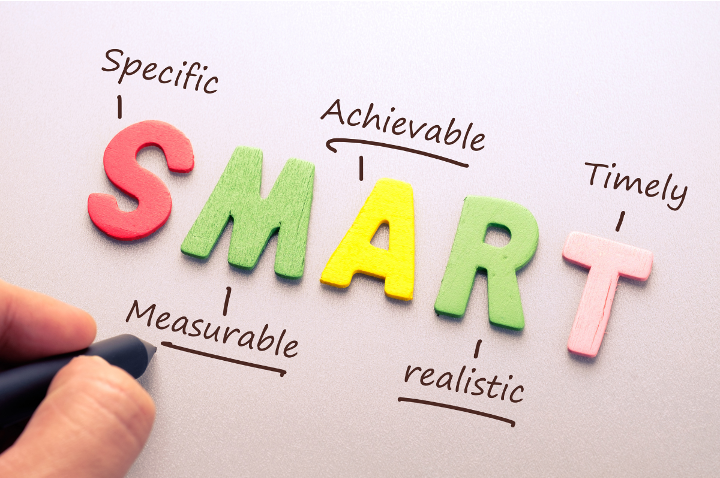
Steps to effective goal setting:
- Reflect on Values and Priorities: Begin by reflecting on your values and priorities. Consider what truly matters to you in different facets of life. Identifying those core values provides a foundation for setting goals that are authentic and aligned with your beliefs.
- Define Short-Term and Long-Term Goals: Distinguish between short-term and long-term goals. Short-term goals provide immediate targets that contribute to the larger picture, while long-term goals represent the overarching aspirations that shape your vision for the future. Balancing both ensures a sense of progress and sustained motivation.
- Make Goals SMART: It’s important to utilize the SMART criteria when formulating goals – Specific, Measurable, Achievable, Relevant, and Time-bound. Specific goals clearly outline what is to be achieved, measurable goals provide criteria for success, achievable goals are realistic, relevant goals align with your values, and time-bound goals have a defined timeframe.
- Break Down Goals into Actionable Steps: To prevent feeling overwhelmed, break down your larger goals into smaller, actionable steps. Doing so helps build the road ahead and makes the path more manageable, thus allowing you to celebrate incremental successes.
- Create a Plan: Develop a comprehensive plan outlining how you will achieve each goal. This plan may include timelines, resources, and strategies for overcoming potential obstacles. A well-thought-out plan serves as a roadmap, providing guidance during moments of uncertainty.
- Stay Flexible and Adapt: While planning is crucial, it's equally important to remain flexible. Life is unpredictable, and circumstances may change. Be open to adapting your goals and strategies as needed, without losing sight of the overarching vision.
The Transformative Impact of Personal Goals
- Fulfillment and Satisfaction: Achieving personal goals brings a profound sense of fulfillment and satisfaction. The journey towards a goal, marked by dedication and perseverance, enhances the value of the accomplishment. Each milestone reached becomes a testament to your commitment and resilience.
- Boosted Self-Esteem and Confidence: The process of setting and achieving goals contributes significantly to building self-esteem and confidence. As you conquer challenges and witness your progress, you develop a belief in your abilities. This newfound confidence transcends the specific goal, positively impacting various aspects of your life.
- Enhanced Focus and Productivity: Goals act as a natural focus point, channeling your energy and attention towards meaningful endeavors. This heightened focus translates into increased productivity as you align your efforts with your objectives. Tasks become purposeful, and distractions are minimized in the pursuit of your goals.
- Resilience in the Face of Challenges: Setting and pursuing goals cultivate resilience. Challenges and setbacks are inevitable, but the goal-oriented mindset instills the ability to adapt and persevere. Instead of viewing obstacles as insurmountable, you see them as opportunities for growth and learning.
- Cultivation of Discipline and Habits: Consistent goal pursuit fosters discipline and the development of positive habits. The commitment to daily or weekly tasks ingrains a sense of routine and responsibility. Over time, these habits become ingrained in your lifestyle, contributing to sustained personal growth.
- Positive Impact on Well-being: Goals that encompass health and well-being contribute to a positive and balanced life. Whether it's maintaining physical fitness, cultivating mindfulness, or fostering meaningful relationships, the pursuit of holistic goals enhances overall well-being, leading to a more fulfilling existence.
Conclusion
Ultimately, personal goals serve as the jet engine, pushing forward the plane of human ingenuity. They provide direction, purpose, and a framework for personal growth and development. The process of setting and pursuing goals is transformative, impacting not only the outcomes but also the individual undertaking the journey. As we navigate the complexities of life, let personal goals be the compass that guides us towards a future enriched with fulfillment, purpose, and passion. Embrace the power of your aspirations, and watch as they unfold into a life well-lived.




